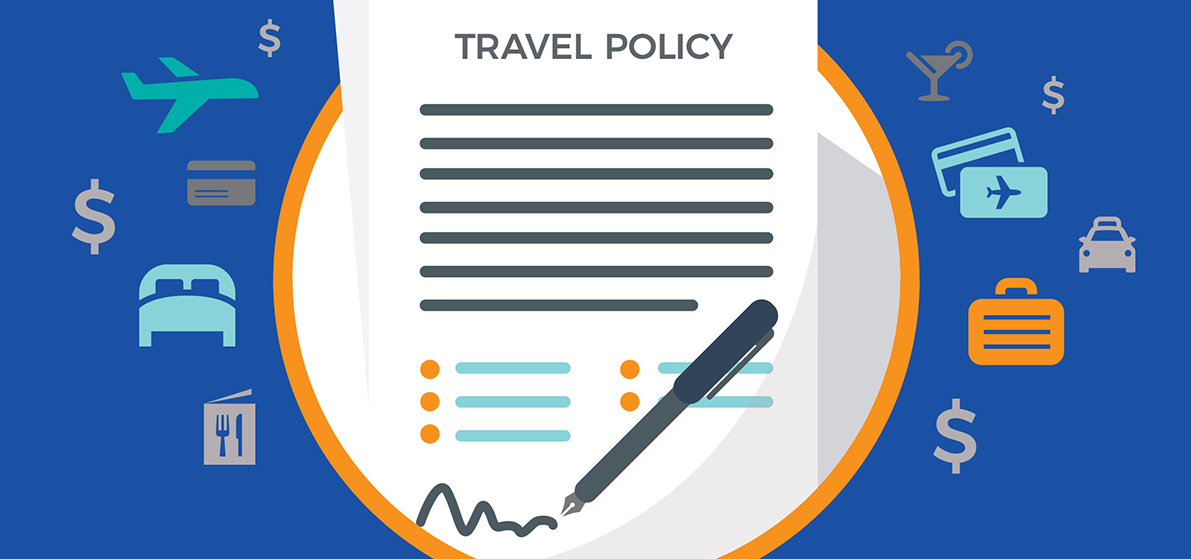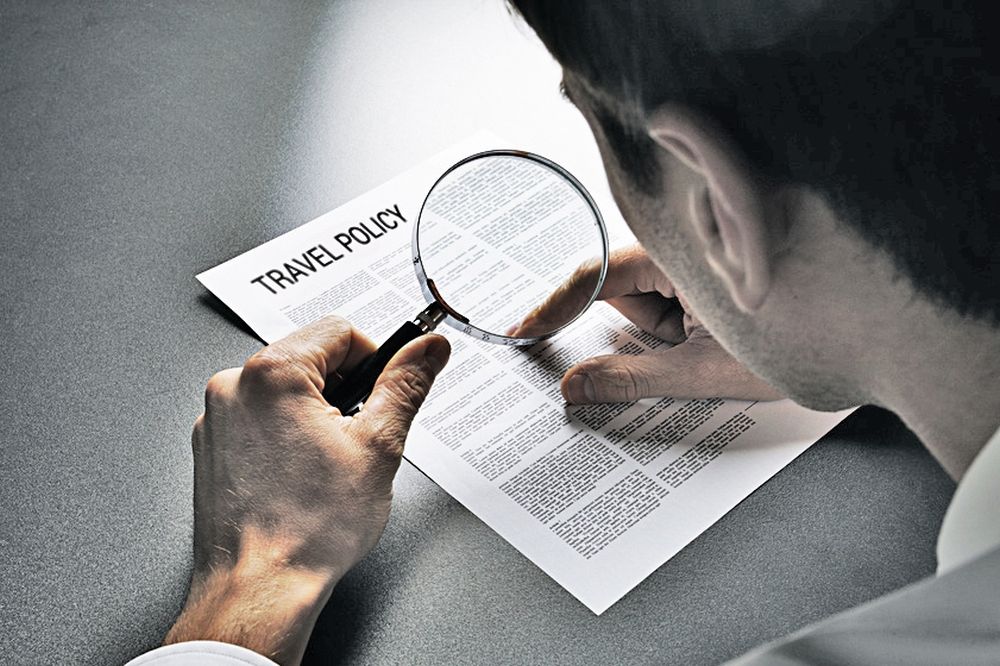Corporate business travel management can be a complex process, especially when it comes to ensuring compliance with company policies and budget constraints. A well-developed corporate travel policy can help streamline this process, making it easier for employees to plan trips while also providing cost savings for the organization.
Define the Purpose of Your Travel Policy

Before you start developing your corporate travel policy, it’s important to clearly define its purpose. This will help ensure that the policy meets the specific needs of your organization. Some common goals of corporate travel policies include:
- Ensuring employee safety and security
- Reducing costs associated with business travel
- Streamlining the booking and reimbursement process
- Encouraging responsible spending by employees
Determine Who Will Be Impacted by the Policy

The next step in developing a corporate business travel management is determining who will be impacted by the policy. This includes not only employees who regularly travel for business but also those who may occasionally need to make a trip.
Consider how different roles within your organization may have different requirements or restrictions when it comes to business travel. For example, executives may require more flexibility in their schedules, while sales representatives may need more freedom when it comes to selecting accommodations.
Establish Guidelines for Booking Travel

One key aspect of any corporate travel policy is outlining guidelines for booking transportation and accommodations. This can include things like preferred airlines or hotels, as well as restrictions on upgrades or additional amenities.
It’s also important to establish procedures for booking travel, including who is responsible for making arrangements and what documentation is required.
Provide Guidelines for Expense Reporting and Reimbursement
In addition to setting guidelines for booking travel, your corporate travel policy should also provide clear instructions on expense reporting and reimbursement. This can include outlining what expenses are eligible for reimbursement (such as airfare, lodging, meals), as well as any limits or caps on certain expenses.
Your policy should also specify how expenses should be reported (such as through an online system) and what documentation is required (such as receipts).
Address Safety Concerns
Employee safety is a top priority when it comes to corporate business travel management. Your policy should address potential safety concerns such as:
- Prohibiting employees from traveling to high-risk locations
- Providing emergency contact information
- Outlining procedures in case of an emergency situation
Communicate Your Policy Effectively

Once you’ve developed your comprehensive corporate travel policy, it’s important to effectively communicate it with all relevant parties. This includes not only employees but also any third-party vendors involved in booking or managing business travel.
Consider holding training sessions or webinars to ensure that everyone understands the new policies and procedures. You may also want to create a detailed guidebook or FAQ document that employees can reference when planning their trips.
Conclusion

In conclusion, a comprehensive corporate travel policy is an essential tool for any organization looking to effectively manage business travel while ensuring compliance with company policies and budget constraints. With a well-developed corporate travel policy in place, your organization can enjoy significant cost savings while also ensuring that employees are able to plan trips with ease and confidence.
